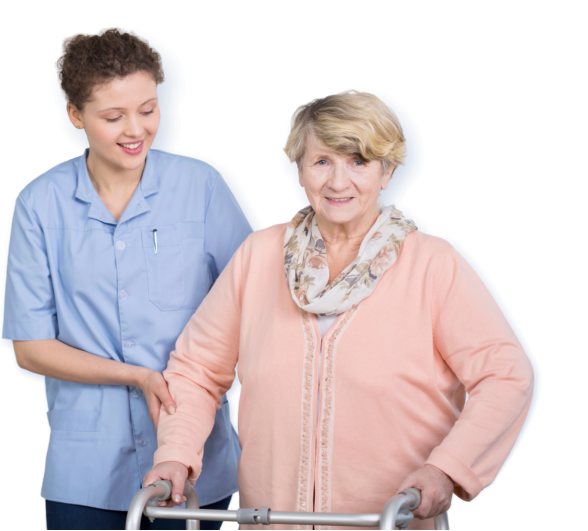In order to provide optimal care for an aging loved one, a geriatric assessment is essential. The assessment is a multidisciplinary, multidimensional assessment that determines and evaluates a person’s:
- Physical health
- Cognition
- Functional abilities
In its most basic definition, a geriatric assessment determines the capabilities and limitations of an elderly client. Such knowledge helps healthcare professionals to develop adequate treatment, short-term and long-term planning, rehabilitative services, and more.
A typical geriatric assessment may include factors such as:
- Current illnesses, and symptoms and their impact on function
- Current medications
- Recent life changes
- Social and personal functionality
- Living environment
- Family situation
- Cognitive status
- Mobility and balance
- Rehabilitative status
- Emotional health
- Nutritional status
- Disease risk factors
Such assessments enable an interdisciplinary team approach to care, from an individual’s doctors, therapists, and home healthcare professionals to create strategies, treatment and follow-up for patient progress in home-based care scenarios. Current and past history and information regarding present illnesses are also included in the assessment and evaluation, as is social history, family history, and demographic data.
At OptimumCare Home Care Services , professionals and trained staff also access a nutritional health checklist and dietary assessment. Assessment may also be determined regarding exercise, sleep patterns, recreational activities, substance use, and injury risk of the individual. Each of these bits of information helps determine optimal services to meet the individualized needs of every client.
This information helps determine the level of care that an individual may need in a home-based environment, and helps determine the need for adaptive devices, transportation, and preventive interventions that may be required for optimal independence, mobility, and quality of life.
Ability to perform activities of daily living is also considered when processing and evaluating a new client. The numbers of activities of daily living a client can perform on his or her own, as well as the number that they cannot, determine what level of caregiver support he or she may need. This includes assessment of a person’s functional ability to prepare food, clean the house, perform chores such as laundry, as well as administer his or her own medications. Each is an important aspect of our care planning capabilities.
Trained, licensed and certified nurses ensure that we cover all the bases when it comes to providing home-based care for you or a loved one. Call us today and ask about our assessment and evaluation process, the first step in defining and providing optimal care.











